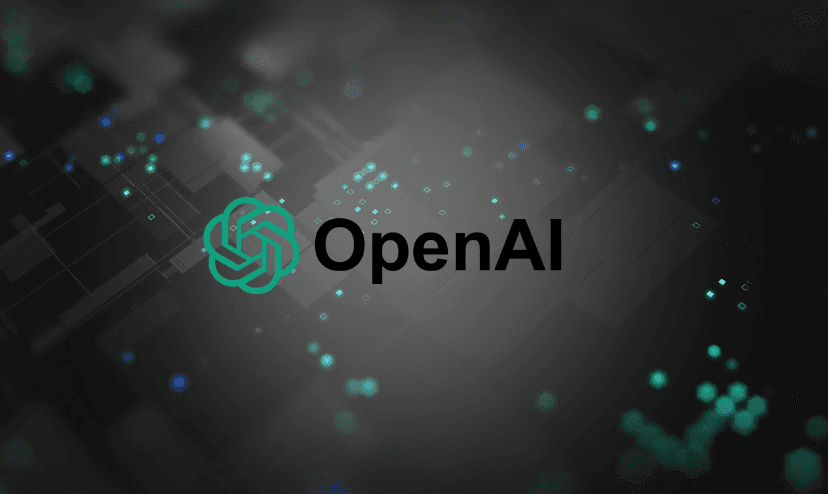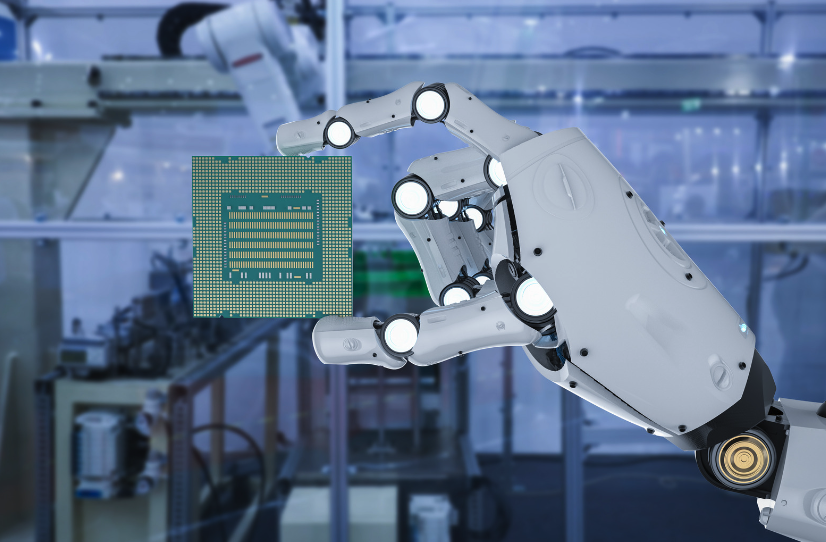OpenAI Exploring Making an AI Chip

More from the Category
OpenAI established itself as a leader in the artificial intelligence (AI) industry through the groundbreaking development of ChatGPT. Now, they are discussing with chip designers, including Broadcom about developing a new artificial intelligence chip. This strategic move aims to boost OpenAI’s technological infrastructure, reduce dependency on current market leaders, and drive innovation in the AI chip industry.
The Current AI Chip Market
The artificial intelligence chip market is currently dominated by Nvidia, a company known for its powerful GPUs that are widely used in AI applications. Nvidia’s dominance has created a scenario where AI companies heavily rely on its technology for their computing needs. This dependency can lead to constraints in innovation and availability, prompting companies like OpenAI to seek alternatives.
Importance of AI Chips
AI chips are specialized chips designed to accelerate AI computations, making them crucial for tasks such as machine learning, data processing, and neural network training. These chips significantly enhance the performance of AI applications by providing the necessary computational power and efficiency.
Details of the Talks
Broadcom
Broadcom is a global leader in designing, developing, and supplying a wide range of semiconductor and infrastructure software solutions. Renowned for its technological innovations, Broadcom’s products are used in data centers, networking, broadband, wireless, and storage industries. The company is currently listed as the 13th most valuable company in the world.
Key Points of the Collaboration
OpenAI’s discussions with Broadcom center around developing a new AI chip that would be tailored to meet the specific needs of OpenAI’s applications. This collaboration is expected to leverage Broadcom’s expertise in semiconductor manufacturing and OpenAI’s advanced AI capabilities to create a cutting-edge OpenAI chip.
Objectives and Expected Outcomes
The primary objective of this partnership is to reduce OpenAI’s reliance on Nvidia and gain greater control over its hardware infrastructure. By developing its own AI chip, OpenAI aims to optimize performance, increase efficiency, and potentially reduce costs associated with third-party hardware.
Open AI is currently recruiting former Google employees hoping to leverage their experience and expertise to create their own chip. However, it could take years of research and development for OpenAI to develop a server chip that can rival Nvidia.
Strategic Implications
Impact on the AI Chip Market
Introducing a new competitor in the AI chip market could disrupt Nvidia’s dominance. Additionally, OpenAI’s new chip development could spark competition, leading to significant advancements and innovations in AI hardware technology. This move may also inspire other AI companies to pursue similar strategies, resulting in a more diversified and dynamic market.
OpenAI Chip Advantages
The development of an OpenAI chip would bring about several advantages. Customization options would allow OpenAI to design hardware that is perfectly aligned with its software needs, leading to enhanced performance and efficiency. Additionally, reduced dependency on existing suppliers could provide more stability and predictability in hardware availability.
Expected Technical Specifications
Potential Features and Innovations

While specific details about the OpenAI chip are not yet available, it is expected to incorporate state-of-the-art technology to support advanced AI workloads. Key features might include higher processing speeds, improved energy efficiency, and enhanced integration with OpenAI’s software frameworks.
Enhancing AI Performance
The new chip is likely to be designed with a focus on optimizing AI computations, including faster data processing, better handling of complex neural networks, and support for larger datasets. These improvements could significantly boost the performance of OpenAI’s AI models, enabling more sophisticated and efficient AI applications.
Industry Reactions
Insights from Experts
Industry experts have expressed optimism about the development of an OpenAI chip. They believe that this development could lead to greater innovation and competition in the AI chip market. Experts also highlight the potential for improved AI performance and efficiency as a result of this customized hardware solution.
Competitors and Partners
Competitors like Nvidia may face increased pressure to innovate and enhance their own offerings to maintain their market position. Meanwhile, partners in the semiconductor and AI industries may explore new collaborations and technological advancements in response to this development.
Broader Impacts
Impact on the Tech Industry
The development of the OpenAI chip could have far-reaching implications for the broader tech industry. Data centers, cloud computing providers, and other tech companies that rely on AI hardware might benefit from the increased competition and innovation in the AI chip market.
Alignment with Global Trends
This move aligns with global trends in AI and semiconductor innovation, where companies are increasingly seeking to develop specialized hardware to support their AI applications. OpenAI’s initiative reflects a growing recognition of the importance of tailored hardware solutions in achieving optimal AI performance.
The OpenAI Chip of the Future
OpenAI’s discussions with Broadcom to develop the OpenAI chip mark a significant step towards greater innovation and competition in the AI hardware market. This strategic move aims to enhance OpenAI’s technological infrastructure, reduce dependency on current market leaders, and drive advancements in AI performance. As the collaboration progresses, it will be interesting to see how this development shapes the future of AI technology and its broader implications for the tech industry.
Interested in the latest breakthroughs in semiconductors and AI? Explore AMD’s innovative Ryzen AI 300, designed to unlock new AI capabilities for PCs and elevate your computing experience.









